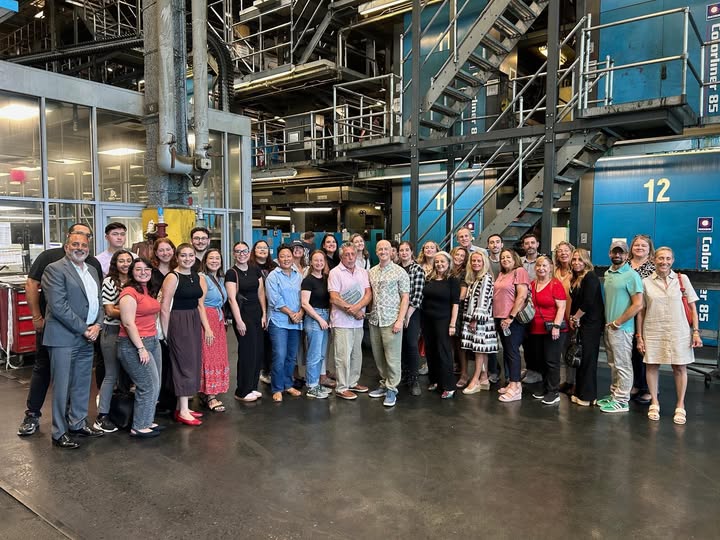The Importance of Communication
Working as a Strategic Marketing Intern at PRA Health Sciences has taught me a great deal over the course of the past month, but the most pivotal takeaway from my experience so far in a real-workplace environment is the importance of communication.
Working as a Strategic Marketing Intern at PRA Health Sciences has taught me a great deal over the course of the past month, but the most pivotal takeaway from my experience so far in a real-workplace environment, and the most crucial piece of advice that I have for someone entering the workplace, is to value communication. PRA Health Sciences is a global Contract Research Organization, meaning that they are contracted by large pharmaceutical companies such as Merck and Johnson and Johnson to embed teams of capable employees within their organizations and carry out supportive clinical trials to bring therapeutic drugs to market. Although I have experience executing thorough media plans, analyzing digital metrics and reports, and formulating campaign strategy as an undergrad Advertising major, understanding and applying my knowledge to the health care/pharmaceutical industry can prove challenging. Instead of stressing about initiatives assigned to me, complicated by my limited knowledge of the health-care field, or completing projects that I know will not meet the standards of my supervisors, I’ve discovered that the best method to success as an intern or new employee, even in the most trying situations, is to communicate. Based on my experiences at PRA, I’ve come up with the following situations in which communicating is the most important strategy to successful relationships with your supervisors and peers.
1. When you’re having trouble completing a project
This is a situation where communicating to your project supervisor is more important than anything else. No matter if you’ve just started the project and feel completely lost, or you’re having trouble finding some small, but key, pieces of information towards the end of your efforts, it’s always better to ask questions than to submit work that completely misses the mark. Your supervisor won’t be annoyed or disappointed that you’re unsure of how to proceed with work they’ve provided to you, they’ll be impressed that you’re putting thought and effort into it! They may even realize that they need to be more clear and thorough with their expectations the next time they assign a project.
2. When you’ve completed all your work
It’s always important to notify your supervisor when you’ve completed your work and ask if they have anything else you can work on. No only does it look bad if you’re supervisor finds out that you’re not working on anything, it shows initiative when you actively seek out work. this is a great first step to showing your supervisor the amazing work ethic you have!
3. When networking
Networking is one of the most important components of building relationships in the workplace, and before that, getting the job you’ve always wanted! Your ability to network hinges primarily on one thing, your ability to communicate. On your first day at a new job, introduce yourself to the employees that sit near you, and even peers you walk past in the hall. Engage new employees and make them feel welcome. Even if someone has a higher job standing than you, don’t be afraid to communicate. Friendliness and the ability to show your personality, what makes you unique, can go a long way.


